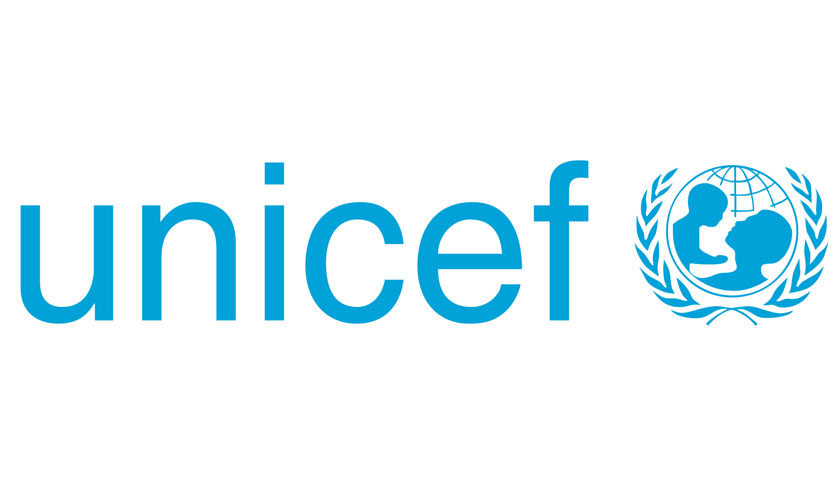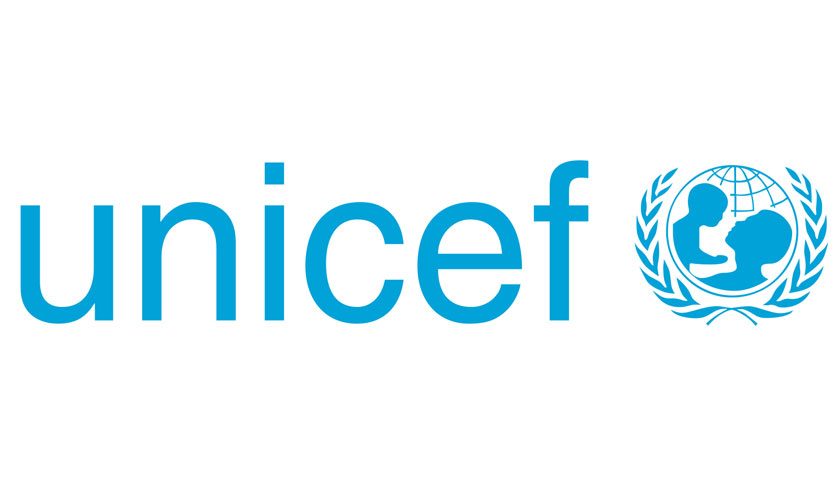UNICEF has launched an appeal for US$58.8 million to address the rising mpox crisis across six African countries where children are most affected.
Though child deaths are currently confined to the Democratic Republic of the Congo (DRC), the data underscores their vulnerability, as UNICEF works to scale up prevention and response efforts across the region.
Nearly 22,000 suspected and confirmed cases of mpox have been reported so far this year, with 60 per cent of cases in children under 15. Approximately 80 per cent of the more than 700 mpox-related deaths are among children, particularly in underserved communities.
The appeal aims to reach children affected by the outbreak in Burundi, the Democratic Republic of the Congo (DRC), Kenya, Rwanda, Uganda, and the Central African Republic, where the clade 1 variant is on the rise and where thousands of children are at risk of infection, secondary complications, and social stigma.
The high infection rates and mortality in affected countries, particularly in the DRC, underscore children’s vulnerabilities, exacerbated by limited access to healthcare, sanitation, and hygiene. Malnutrition and other common childhood diseases, as well as displacement, further compound the crisis.
UNICEF’s response to the mpox outbreak focuses on providing an integrated approach to break active transmission of the disease, prevent secondary harm to children, and support preparedness efforts, including:
- Coordination: Supporting health and education authorities in planning and implementing response strategies.
- Risk communication: Engaging communities, addressing stigma, and building trust through training of frontline workers and building feedback loops.
- Infection control: Enhancing infection prevention in homes, communities, schools, and health facilities by supplying hygiene materials and training parents, community leaders, and teachers.
- Vaccination: Supporting vaccine delivery and roll-out by providing training, supplies, logistics, and cold chain management, while also maintaining essential routine childhood vaccinations.
- Case management: Ensuring mpox isolation centers accommodate children and women with family-based care, providing nutritional support, medical supplies, and rapid diagnostic testing.
- Mental health support: Offering targeted mental health and psychosocial support to children and caregivers and address stigma and discrimination.
- Essential services: Ensuring continued access to essential services, including social, protection, and health services, and keeping schools safely open, particularly in vulnerable communities.
In collaboration with partners, UNICEF’s support also extends to neighbouring countries in the Eastern and Southern and West and Central African regions, where the risk of disease spread remains high.


